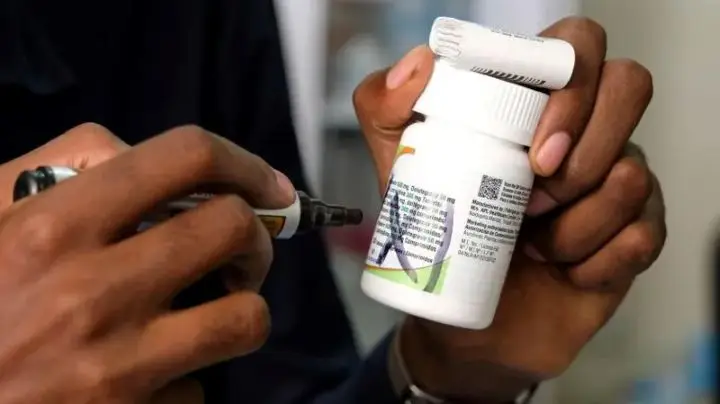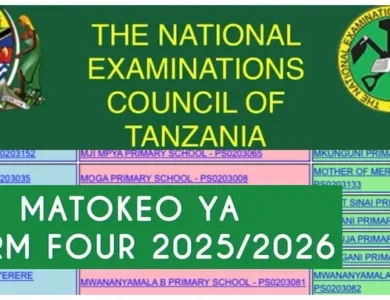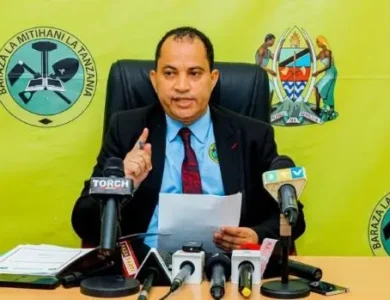Nigeria and Kenya Among Nations Running Out of HIV Drugs – WHO

Nigeria and Kenya Among Nations Running Out of HIV Drugs – WHO
The United States’ decision to pause foreign aid has resulted in severe consequences for global health programs, with Nigeria, Kenya, and several other countries now facing the risk of running out of crucial HIV drugs. According to the World Health Organization (WHO), this freeze could reverse the tremendous progress made in the fight against HIV/AIDS over the last two decades.
The WHO Director-General, Dr. Tedros Adhanom Ghebreyesus, warned that disruptions to HIV programs could lead to a surge in new HIV infections and a significant rise in HIV-related deaths. “It could undo 20 years of progress,” Dr. Tedros stated, stressing that more than 10 million new HIV cases and 3 million HIV-related deaths could occur as a result of the disruption.
Countries such as Nigeria, Kenya, Lesotho, South Sudan, Burkina Faso, Mali, Haiti, and Ukraine are all at risk of running out of anti-retroviral (ARV) medicines in the coming months. These medications are vital in managing and treating HIV and preventing its transmission. In sub-Saharan Africa alone, over 25 million people are living with HIV, which accounts for more than two-thirds of the global total.
US Foreign Aid Suspension
The US government’s decision to freeze foreign aid began shortly after President Donald Trump’s inauguration in January, as part of his “America First” policy. This freeze has severely affected health programs, including HIV treatment and prevention, due to the disruption of vital medical supplies and logistical support. The US President’s Emergency Plan for AIDS Relief (PEPFAR), established in 2003, has been instrumental in providing life-saving treatment to millions of people across the globe. However, since the freeze, services for HIV treatment, testing, and prevention have been suspended in over 50 countries, resulting in a devastating blow to ongoing efforts to combat the epidemic.
The Impact on Sub-Saharan Africa
In Nigeria, where nearly 2 million people live with HIV, the situation is dire, as many depend on aid-funded HIV medications. Kenya, with 1.4 million people living with HIV, is similarly vulnerable. The WHO is urging the US to reconsider its decision, emphasizing that the consequences of the foreign aid freeze not only harm global health but also jeopardize international security. Dr. Tedros pointed out that supporting global health initiatives ultimately helps to prevent outbreaks that could spread globally, including to the United States.
Call for Global Cooperation
The WHO has appealed to the US government to ensure that any reduction in foreign aid is handled responsibly and with consideration for the lives of millions who rely on these critical health programs. Dr. Tedros emphasized the importance of finding alternative sources of funding for countries in need, as the health of the world’s most vulnerable populations hangs in the balance.
PEPFAR’s Impact
Since its inception, PEPFAR has been credited with saving more than 26 million lives worldwide, providing access to ARV drugs and HIV-related services to those most in need. As the world’s largest HIV/AIDS assistance program, its suspension poses a significant threat to the global effort to eliminate HIV/AIDS and improve the lives of millions who rely on it for survival.
This crisis highlights the urgent need for international solidarity and the continuation of funding for global health initiatives to combat HIV/AIDS and other critical health challenges. The WHO urges the US government and other stakeholders to reconsider their positions and continue supporting these vital programs.
More News



